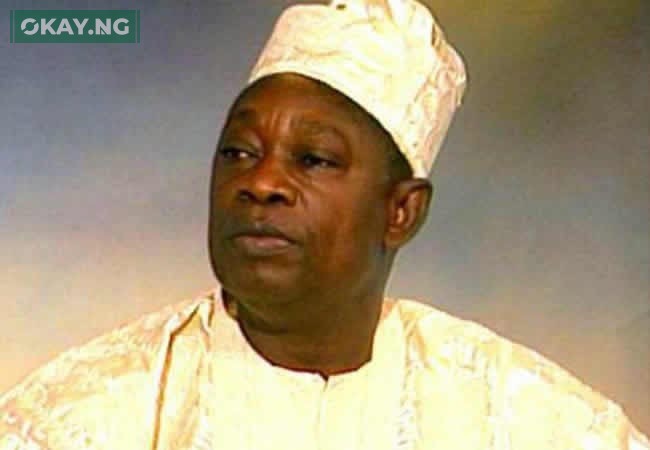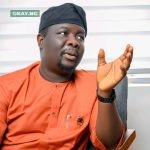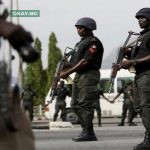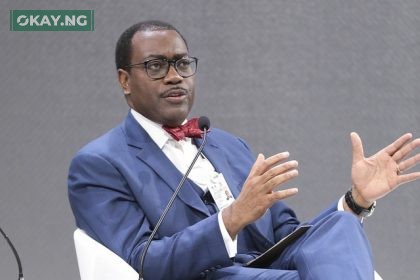In a candid reflection over three decades after the annulment of Nigeria’s June 12, 1993, presidential election, former military president General Ibrahim Badamasi Babangida has publicly acknowledged that Moshood Kashimawo Olawale (MKO) Abiola won the historic vote.
In his newly released autobiography, “A Journey in Service,” unveiled in Abuja on Thursday, Babangida described the annulment as his “most regrettable” decision.
“I regret June 12. I accept full responsibility for the decisions taken, and June 12 happened under my watch. Mistakes, missteps happened in quick succession,” Babangida admitted during the book launch.
The June 12, 1993, election, widely regarded as one of Nigeria’s fairest, saw Abiola of the Social Democratic Party (SDP) defeating Bashir Tofa of the National Republican Convention (NRC).
He said, “Undoubtedly credible, free and fair elections were held in June, on June 12, 1993. There was no doubt in my mind; MKO Abiola won the election. He satisfied all the requirements,” Babangida was quoted as saying.
Despite the transparent conduct and the electorate’s enthusiasm, the military government led by Babangida annulled the election results, plunging the nation into political turmoil.
In his memoir, Babangida provides insight into the events leading up to the annulment. He recounts that on June 10, 1993, just two days before the election, the Association for a Better Nigeria (ABN), led by Arthur Nzeribe, obtained a controversial court injunction from Justice Bassey Ikpeme, halting the electoral process. This legal maneuver, conducted under questionable circumstances, sowed confusion nationwide.
Babangida further reveals that on June 16, 1993, without his prior knowledge or approval, the National Electoral Commission (NEC) Chairman, Professor Humphrey Nwosu, suspended the announcement of election results.
This action, coupled with another court order from Justice Dahiru Saleh’s court stopping the release of the results, intensified the political crisis.
The former military leader also sheds light on internal dynamics within the armed forces, noting that General Sani Abacha, then Chief of Defence Staff, led a faction opposed to the election.
“That accident of history is most regrettable. The nation is entitled to expect my impression of regret. As a leader of the military administration, I accept full responsibility for all decisions taken under my watch.”
Babangida claims that while he was attending a funeral in Katsina, the annulment was announced without his explicit authorization, a move orchestrated by Abacha and his allies.
Reflecting on the aftermath, Babangida expresses satisfaction with former President Muhammadu Buhari’s decision to honor Abiola posthumously and recognize June 12 as Nigeria’s Democracy Day.
“I am happy with ex-President Buhari’s decision to acknowledge Abiola’s victory and honor him with the Grand Commander of the Federal Republic title,” he states in his autobiography.












